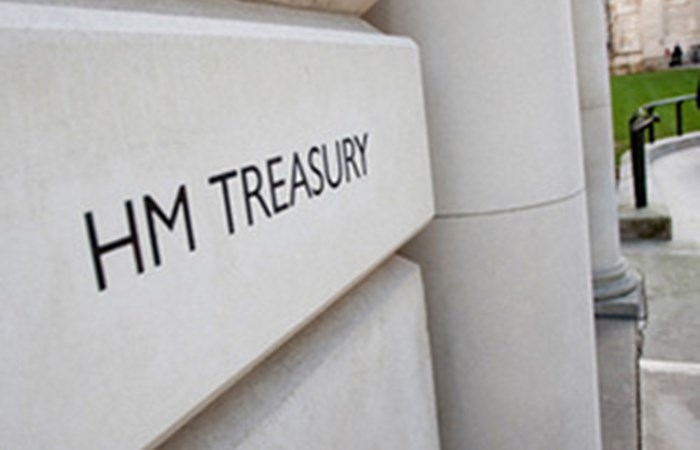Hm Treasury

- The Price Cap Coalition of the G7, the European Union and Australia have set caps on the price of seaborne Russian oil products, effective from 05 February 2023.
- High-value Russian exports such as diesel and gasoline, will be capped at $100 while lower-value products such as fuel oil will be capped at $45.
- Chancellor Jeremy Hunt hails the efforts of the UK and its allies in throttling the revenues fuelling Vladimir Putins illegal war in Ukraine.
The UK and its coalition partners will only provide services facilitating the maritime transport of refined oil products originating in Russia if the goods are traded at or beneath the cap levels of $100 for high-value products like diesel and $45 for low-value products like fuel oil. These prices will be kept under review.
This follows the $60 price cap on Russian crude oil that came into force on 5 December last year. Initial signs suggest that the crude oil cap is successfully curtailing Putins ability to use revenues from oil sales to finance his illegal war while minimising disruption to global supply. Russias flagship crude oil is now selling around $40 lower than global benchmarks.
The UK government has already introduced an import ban on Russian oil products; therefore, the caps will not be used by the UK.
Chancellor of the Exchequer, Jeremy Hunt, said:
Undermining Putins war machine through further sanctions on its funding streams will ensure the Russian government faces the full consequences of its unjustifiable actions.
The UK has already banned the import of Russian oil products, and we stand shoulder to shoulder with our allies in continuing to pile the pressure on Putins revenues while standing in solidarity with the Ukrainian people.
G7 finance ministers agreed to capping the price of Russian seaborne oil and refined oil products in September 2022 as a way of undermining Putins ability to fund his illegal war in Ukraine through inflated global oil prices, while ensuring that third countries can continue to secure affordable oil.
The UK has been front footed in its engagement with international allies and has worked closely with industry and US partners to lead design of the caps. This collaboration has been key given the major role of UK services in facilitating maritime trade. For example, the UK is a global leader in the provision of protection and indemnity (P&I) insurance cover which relates to third-part liability claims - 60% of the global cover provided by the International Group of the P&I clubs is written in the UK.
Given the number of varied oil products on the market, two caps have been introduced to cover two categories of refined oil products. Premium-to-crude products are those of high export value often used for transport and electricity generation, such as kerosene-based jet fuel and diesel, while discount-to-crude pertains to products of a lesser value like naphtha. The two-cap approach has been introduced as this is the simplest to implement and most workable for industry.
To implement the price caps, the government has laid domestic legislation and published UK guidance to help industry prepare for and implement the requirements of each cap. The guidance will be periodically updated.
Further information
- This measure was legislated for in the The Russia (Sanctions) (EU Exit) (Amendment) (No. 16) Regulations 2022 laid on 3 November 2022.
- A General Licence INT/2022/2469656 was issued on 4 December, and updated on 3 February, which provides the oil price cap exception to this legislation and enables UK services to continue facilitating the transport of refined oil products from 5 February, from a place in Russia to a third country as well as between third countries when purchased at or below the oil product price cap levels.
- A list of premium-to crude products, as well as further detail to help industry comply with the new rules, is included in both the General Licence INT/2022/2469656 and OFSI Guidance published on 3 February.
- The per-barrel discount between Urals (Russians dominant crude grade) and Brent (the primary global benchmark) has increased by over 50% from c$25 to c$40 since early November, based on price assessments fr
